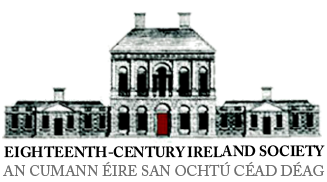Type: Article
Craven, Kenneth. ‘A Tale of a Tub and the 1697 Dublin Controversy’, Eighteenth-century Ireland/Iris an dá chultúr, Vol. 1 (1986), pp 97-110.
This article considers the intellectual atmosphere of late seventeenth-century Ireland as ‘Modern’ methodologies of philosophy swept over Europe. The lapse of the Licensing Act in 1695 had allowed the publication of John Toland’s Christianity Not Mysterious (London 1696) which was followed, in Dublin in 1697, by Peter Browne’s response, A Letter in Answer to a Book Entitled Christianity Not Mysterious, and what Craven labels ‘the 1697 Dublin Controversy’. The article discusses the public confrontation between Toland and Browne over Christianity and reason. These ‘unquiet spirits’ or ‘modern madmen’, as Jonathan Swift regarded his contemporary adversaries, fuelled Swift with satirical inspiration to become the focus of his attack in A Tale of a Tub. Swift had personal involvement with Toland and Browne, as well as with a third antagonist in the Dublin Controversy, Archbishop Marsh of Dublin. According to Craven, Swift had reasons to mock all three, for they ‘symbolized the modern invasion of Ireland’. The article shows how the Dublin Controversy enabled Swift to satirize epistemological issues of reason and mysticism simultaneously, finding in Browne and Marsh examples of those guilty of priestcraft and modernism.
